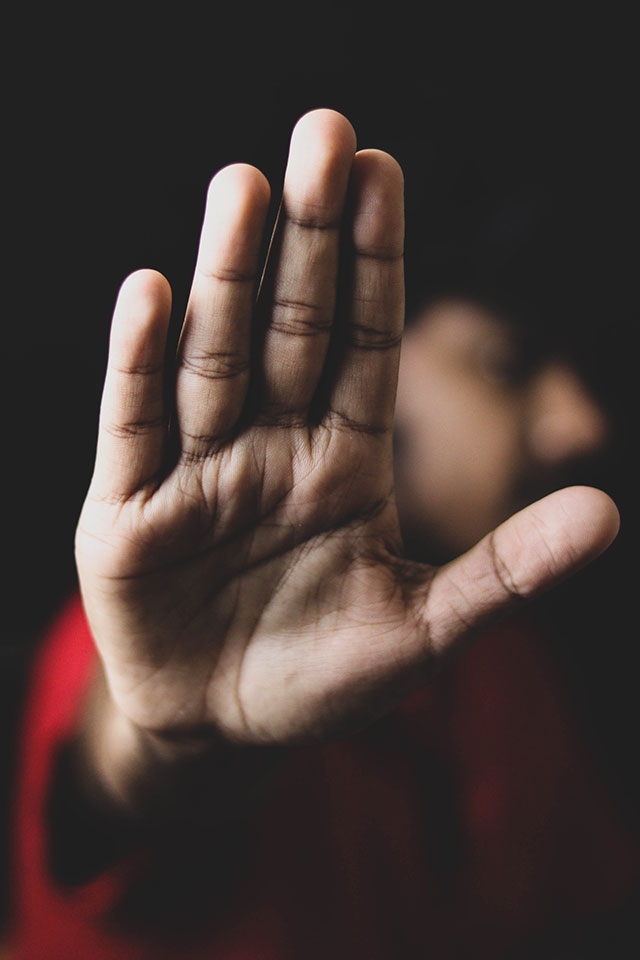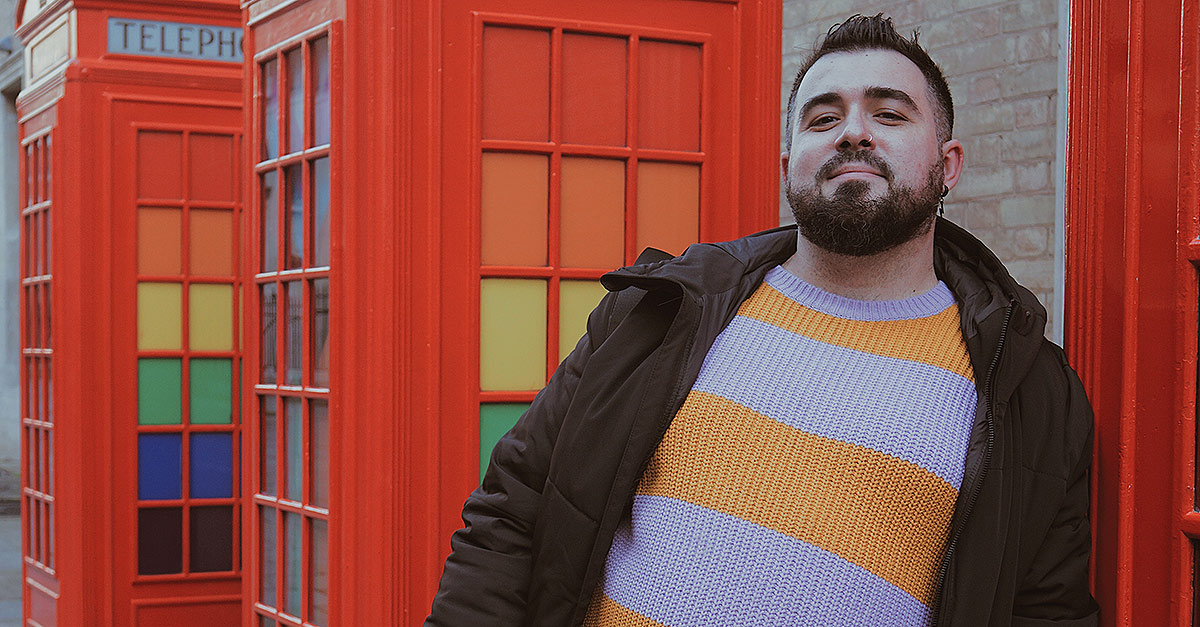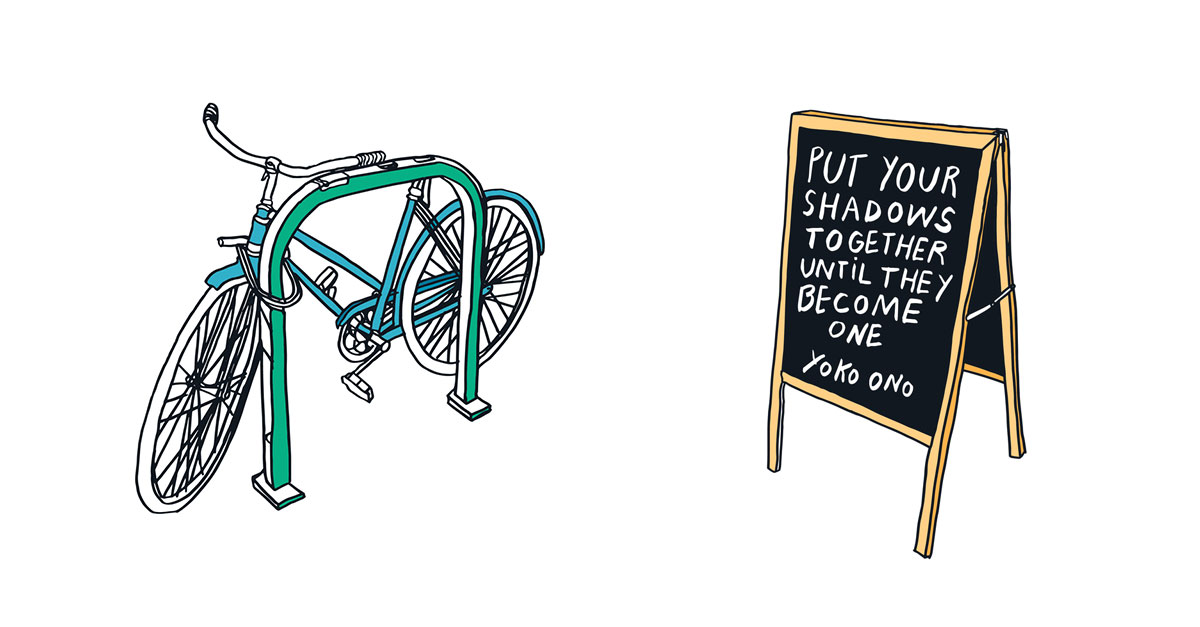
Photo by Salman Hossain Saif on Unsplash
We spent so much time believing that “fat” was a slur that we gave other people the power of that word. But it’s not: fat is just a descriptor, like blond or tall or many others. This is why it should be re-appropriated. How? Starting to use it by changing the intention of use!
Because there are still many people who use this word to make people feel bad or ashamed, as happened (and sometimes happens) for the word gay or black or many others, although these also help to describe people and self-determine. But if we used the word “fat” differently, in more phrases to say something positive and kind, its meaning would gradually change for the whole of society. It cannot be others who have power on a word that partially describes who we are (and not them): some people are simply fat and must be able to say it.
I’m fat: why you have to say it
Our body is something visible and making explicit the fact of being fat is useful in fighting the discrimination that occurs towards all the body dimensions starting from the terms used to talk about it.
Saying “I’m fat” means talking about the importance of authenticity, the value of diversity, the criticism of the pressure to conform. Declaring your physical presence openly and without apology is a potentially subversive attitude because fatness is not acceptable. Presenting as a fat, a person wants to reject all those cultural attitudes according to which fatness is unhealthy, immoral, ugly or undesirable.
Claiming the right to define the meaning of our body and to highlight new cultural and practical meanings around the dimension of all bodies can subvert any stereotype and deprive them of their power, both over individuals and in the whole culture.



